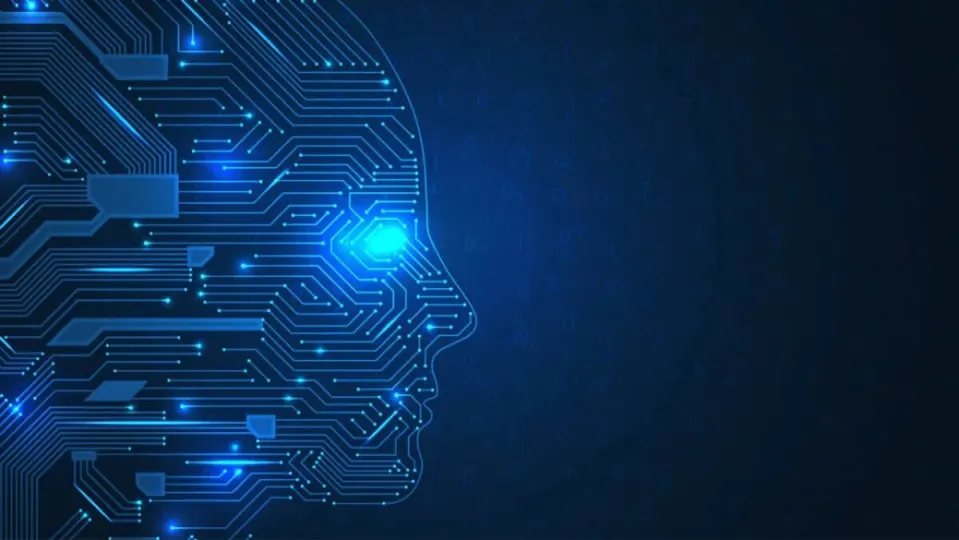Tyler Clark, director of state and local government affairs at Microsoft, stated this week to lawmakers in Pennsylvania, United States, that he is “not aware” of the possibility that generative artificial intelligence could develop sensitivity and pose any danger.
“This is not new for Microsoft,” said the company executive. “Humans have to guide this technology and that is what we are committed to doing safely and responsibly.”
Clark’s response comes after lawmakers from the Majority Policy Committee of the House of Representatives pressed him on the theory of technological singularity, which posits that artificial intelligence will surpass human regulations and leave society at its mercy.
Although it sounds like the plot of a dystopian novel, researchers and policymakers recognize the possibility, although not inevitable or entirely negative. “What I fear most is not AI or singularity, but human fragility,” says Dr. Nivash Jeevanandam, lead researcher and author of the National AI Portal of India, in an article published by Emeritus.
Jeevanandam stated that humans may not realize that singularity has arrived until machines reject human intervention in their processes. “This state of AI singularity will be permanent once computers understand what we often tend to forget: making mistakes is part of being human,” he said. For this reason, experts believe that policymakers must intervene with strict regulation to prevent unwanted ethical consequences.
Doctor Deeptankar DeMazumder, physicist and cardiologist at the McGowan Institute for Regenerative Medicine in Pittsburgh, states that, while he responsibly uses AI to predict better healthcare outcomes for patients, he agrees that there is a growing dark side that sometimes amplifies misinformation or creates dangerous echo chambers.
“I like that Amazon knows what I want to buy… it’s very useful, don’t get me wrong,” he said to the commission. “At the same time, I don’t like that when I’m watching the news on YouTube it tries to predict what I want to watch… this is where a lot of regulation is needed.”


